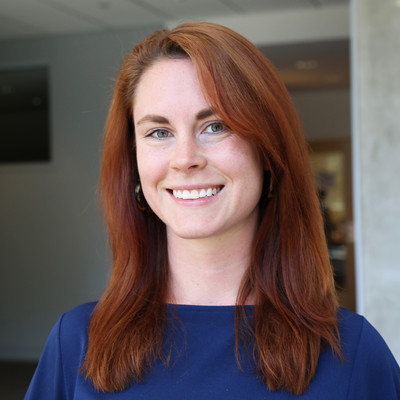
Now that the admissions cycle for Fall 2021 is drawing to a close, we’re beginning to gear up for the Fall 2022 entry cycle, which means we’re doing a pivot over here on the blog: while we’ve been focusing on the needs of our admitted students for the last few months, now I’ll be shifting my focus to those of you who are just embarking on your journey to find the right program. Over the next few months, I’ll be doing a spotlight on our six programs to help you figure out if one of Heller’s programs is right for you. The second program I’ll be breaking down…
Master of Public Policy
What is it? Heller’s MPP degree has a more comprehensive focus on social policy than any other program, providing students with a comprehensive, interdisciplinary perspective informed by economics, political science and sociology. Our curriculum lives at the intersection of research and policy that makes a difference — particularly in supporting vulnerable, marginalized populations. With a public policy degree from Heller, you’ll be prepared to analyze and create solutions to pressing social problems.
Who’s it for? Our typical MPP student has between 2-5 years of work experience, although we do sometimes admit students with less experience if they have strong academics. Our students are passionate about social justice, and either have work experience in a social justice area or have volunteered in something similar. They’re driven to make systemic changes in policy rather than work with individuals. If you’re the kind of person who gets really excited to talk about things like SNAP benefits and the political feasibility of a progressive approach to economic assistance, the MPP might be the right program for you.
What kinds of classes will I take? You’ll take 64 credits over the course of two years, with an internship over the summer between your first and second year (Heller even provides matching funding for internships!). You’ll take required courses like Historical and Contemporary Developments in Social Welfare; Diversity, Inclusion and Equity in Social Policy; and Economic Theory and Social Policy, as well as electives like Balance Wheel of the Social Machinery? Context and Contention in K-12 Education; LGBT Justice: A History of Pride, Prejudice, and Policy in the United States; and Labor Income, Labor Power, and Labor Markets.
Where will it take me? After graduation, about half of our students continue in non-profit roles, about a third continue in academia or government roles, and about 10% continue in for-profit roles. Recent graduates are currently working as Program Managers for the Stonewall Community Foundation, Program Associates for the Health Policy Commission, Campaign Managers for Early Childhood Policy, Center for American Progress, and Research and Policy Associates for the Community Resource Hub for Safety and Accountability. Alumni who have been out of school for ten or more years have titles like Director of Communications for Baltimore Mayor Brandon Scott, Town Administrator of Maynard, Massachusetts, and Vice President and Executive Director for the City Year Program in San José/Silicon Valley.
How is Heller’s program different? The Heller MPP has a more comprehensive focus on social policy than any other program, providing students with a comprehensive, interdisciplinary perspective informed by economics, political science and sociology. Heller MPP students concentrate in one of six policy areas (Behavioral Health Policy; Health Policy; Child, Youth and Family Policy; Economic and Racial Equity; Women, Gender and Sexuality; and General Social Policy), each of which is linked to a Heller research institute. The Heller MPP encourages and helps fund internships and fellowships between the first and second year of the program. In addition, many students have opportunities to work on projects in one of Heller’s research institutes.
